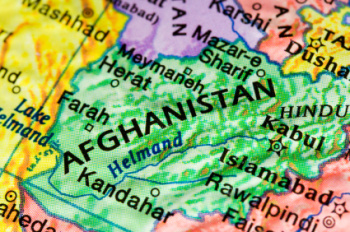Nearly a year after the Afghan Parliamentary Election of 2010, which ended in a level of overwhelming fraud that dwarfed even the 2009 presidential election, the nation’s Independent Electoral Commission is still looking to re-write history, and retool parliament.
 In their latest move, the IEC overturned the ruling of the Electoral Complaints Commission (ECC) and ordered nine “replacement” MPs expelled from parliament to make room for nine other MPs, who were initially ruled “winners” by the IEC but were thrown out by the ECC over claims of higher than usual levels of fraud.
In their latest move, the IEC overturned the ruling of the Electoral Complaints Commission (ECC) and ordered nine “replacement” MPs expelled from parliament to make room for nine other MPs, who were initially ruled “winners” by the IEC but were thrown out by the ECC over claims of higher than usual levels of fraud.
The IEC insisted the ECC’s “reasons for their removal were not enough” and that the nine, which include warlord Ahmad Khan and militia leader Gul Mohammad Pahlawan, should be allowed into parliament after all.
The level of fraud within the election was so massive and widespread that the decision to oust “winning” candidates over their fraud and replace them with losing candidates, who were almost to a man also accused of trying to steal the elections themselves, has been hotly contested in Afghan courts. The reality of the situation is that there is literally no way to take a collection of stuffed ballot boxes and investigations by political appointees and cobble together something even remotely resembling the will of the voters.


